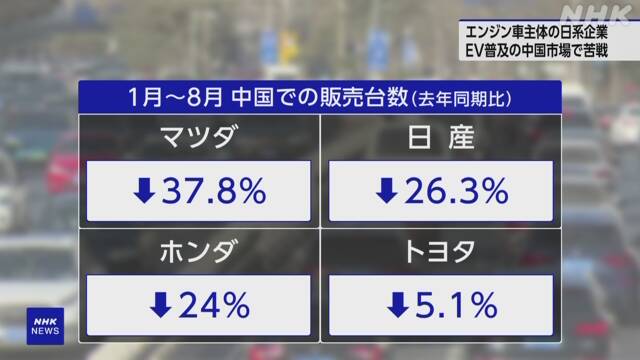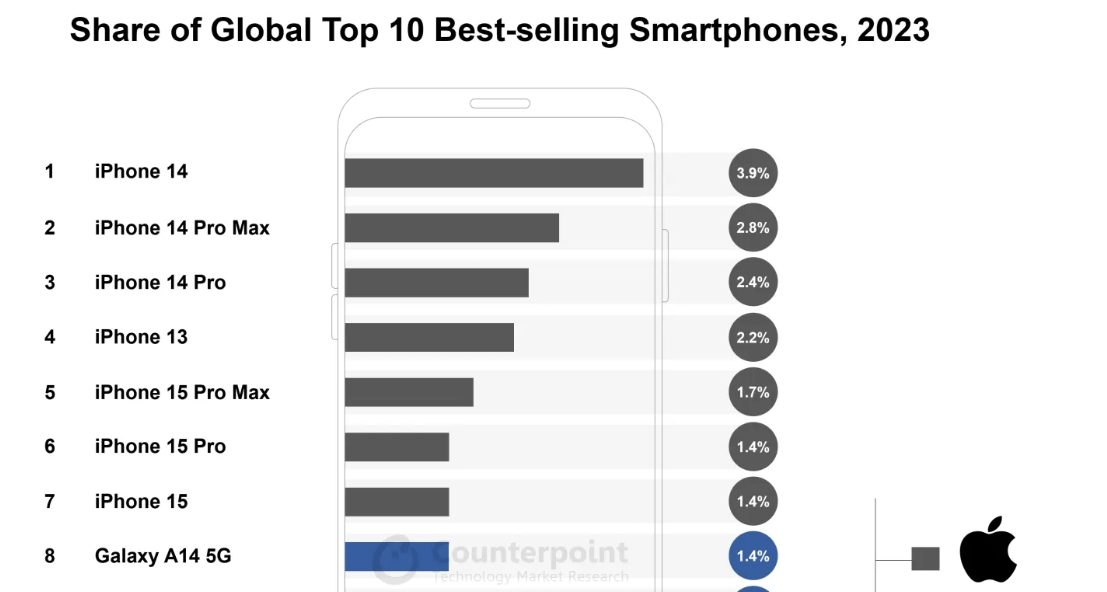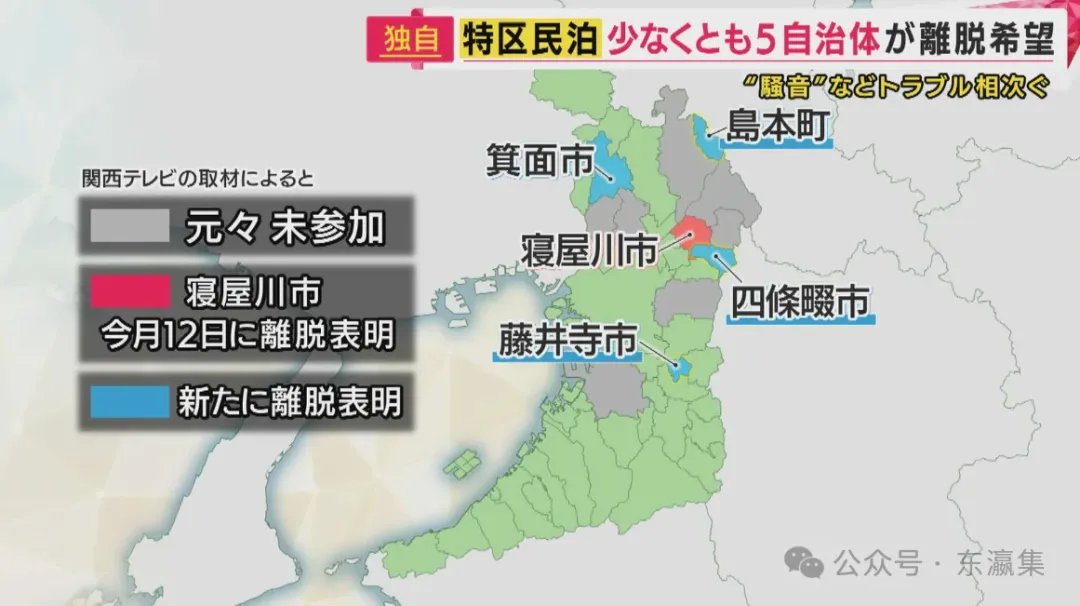According to reports, Mitsubishi Motors is set to make a decision to exit the Chinese market. In China, the world's largest automotive market, the market is rapidly shifting towards electric vehicles (EVs), and struggling Japanese manufacturers are forced to reconsider their strategies.
Mitsubishi Motors has had a joint venture with China's GAC Group since 2012 and has been producing cars in Changsha, Hunan, China. It has been revealed by sources that, after discussions with Chinese manufacturers, they have decided to sell their shares in the joint venture and dissolve the partnership.
Mitsubishi has stated that once their current inventory is depleted, they will cease new car sales operations and withdraw from the Chinese market.
Mitsubishi Motors is expected to hold a board meeting next week to finalize this policy. In the world's largest automotive market, China, electric vehicles and plug-in hybrid cars are gaining rapid popularity.
With intensified competition in sales with emerging local manufacturers and amid a focus on internal combustion engine cars, Mitsubishi Motors has faced difficulties and temporarily halted local production since March of this year. The company has decided to concentrate management resources on the strong-performing Southeast Asian markets.
In the Chinese market, other Japanese manufacturers are also experiencing sustained declines in sales and are being forced to reevaluate their strategies, including bolstering their electric vehicle businesses.
Japanese car manufacturers are reevaluating their strategies
In the rapidly expanding Chinese market for electric vehicles, Japanese manufacturers focusing on engine-driven cars continue to face declining sales.
Last year, new car sales in China surpassed 26 million units, with a combined sales volume of over 6.8 million units for electric vehicles, plug-in hybrid vehicles, and fuel cell vehicles, marking a historic high.

Since the beginning of this year, sales of electric vehicles and other automobiles have continued to grow. However, during this period, Japanese automakers primarily producing engine-driven cars in China have seen a decline in sales from January to August. Mazda's sales decreased by 37.8% compared to the same period last year, Nissan's sales also dropped by 26.3%, Honda's by 24%, and Toyota's by 5.1%. Consequently, Japanese manufacturers are compelled to reevaluate their strategies.
Toyota is strengthening its local research and development efforts and accelerating the development of electric vehicles tailored to the Chinese market. Mazda and Nissan have also announced plans to intensify their efforts to introduce new electric vehicles locally. Honda has declared that by 2035, all new vehicles sold in China will be electric vehicles, advancing their previous timeline by five years. The common challenge for Japanese manufacturers is to what extent they can recover their market share in China by reevaluating their strategies.





